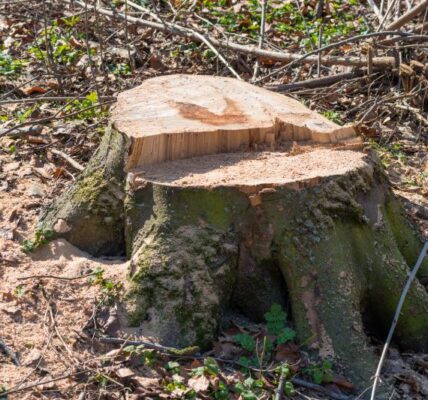The Art of Drain-Keeping: Your Guide to Preventing Blocked Drainage Problems
Ah, the humble household drain – that unsung hero of functional design, tirelessly guarding our homes against the potential hazards of standing water, odorous waste and unthinkable blockages. But what happens when this dutiful servant becomes overwhelmed, its service interrupted by notorious plumbing foes such as hair clogs, grease deposits, or innocent, yet misguided non-flushables? The consequences, my dear readers, are best left to the imagination. Fret not, though, as your Drainage Dilemmas are about to become a thing of the past. Welcome to a comprehensive guide on best practices to prevent blocked drainage problems.
Diving headfirst into the world of the misunderstood drain, we will arm ourselves with knowledge, exploring why blocked drainage issues occur and what you can do to safeguard against these plumbing misadventures. So buckle up and keep those plungers at bay as we journey through the depths of drain-related knowledge.
Why Do Drains Get Blocked?
An essential first step in our drain-salvaging mission is understanding why blockages happen. Common culprits include hair and soap residue, which sneakily link up to form a formidable clog. Other likely offenders include food waste, small objects, grease and oil that refuse to slide down pipes as effortlessly as water, curdling into stubborn blockages instead.
Flushing items labeled as ‘flushable,’ like baby wipes and feminine hygiene products, often leads to a blockage; their manufacturers underestimate our drains’ capability to break down such items. Knowing these challenges equips us in preventing similar issues, priming us for the next step – a proactive action to prevent drain blockages.
Drain Maintenance: Prevention Is Better Than Cure
Consistent, thoughtful maintenance is the Primrose Path to drain health. Regular checks of your sinks and bathtubs for accumulating gunk, along with prompt intervention, will serve you well. Cooling and disposing of cooking oil and grease in your regular kitchen waste, rather than sending it down the drain, can make a substantial difference.
Install strainers on plugholes to catch food particles or hair from slipping down unnoticed – a small, unobtrusive contraption that could potentially save you from a call to the plumber. Flushing drains with hot or boiling water occasionally is a simple remedy to ward off gradual buildup of stubborn deposits. Also, consider eco-friendly bacterial drain cleaners that naturally eat away at the grime, not just for the love of Mother Earth, but for the love of healthy pipes.
The “Do Not Flush” List
While toilets can appear to be the ultimate disposal channel, they’re not quite as versatile as we might like to imagine. Flushing down non-dissolvable items like kitten litter, cotton buds, dental floss, and even some types of toilet paper often lead to blockages.
So, maintain a list of the “Do not flush” items in your bathroom as a visual reminder for the entire household. Moreover, coaching young ones (and sometimes absent-minded adults!) about the perils of treating the toilet as a magic disappearing bin can save you from the unpleasant aftermath of a blocked drain.
Know When To Call The Experts
A stubborn drain might prove to be a tough adversary at times when your preventative measures fail to stop a blockage. If you’re battling a recurring issue or dealing with a severely blocked drain, it’s time to call in the professionals.
Meanwhile, understanding the symptoms of a looming blockage, such as slow draining water, peculiar noises, or unpleasant smells, will help you determine when it’s appropriate to seek professional intervention. Remember, while DIY actions are advisable, there’s no shame in seeking help when facing a plumbing predicament.
Conclusion
Who knew our unassuming drains required such vigilance and care, right? Just as Rome wasn’t built in a day, cultivating habitual good practice will unerringly lead to a blockages-free life. Understanding the causes of blockages, championing preventatives measure, adhering to a strict ‘do not flush’ list, and recognizing when to call in a professional are your cardinal guides to winning this battle.
In essence, respecting our plumbing system is a critical component of responsible and sustainable living. Through diligence and education, we can ensure the longevity of our home’s blocked drainage system, safeguarding against emergencies while promoting intentionality in our daily habits. With these practices in place, may your path (and your drains!) always remain clear.






